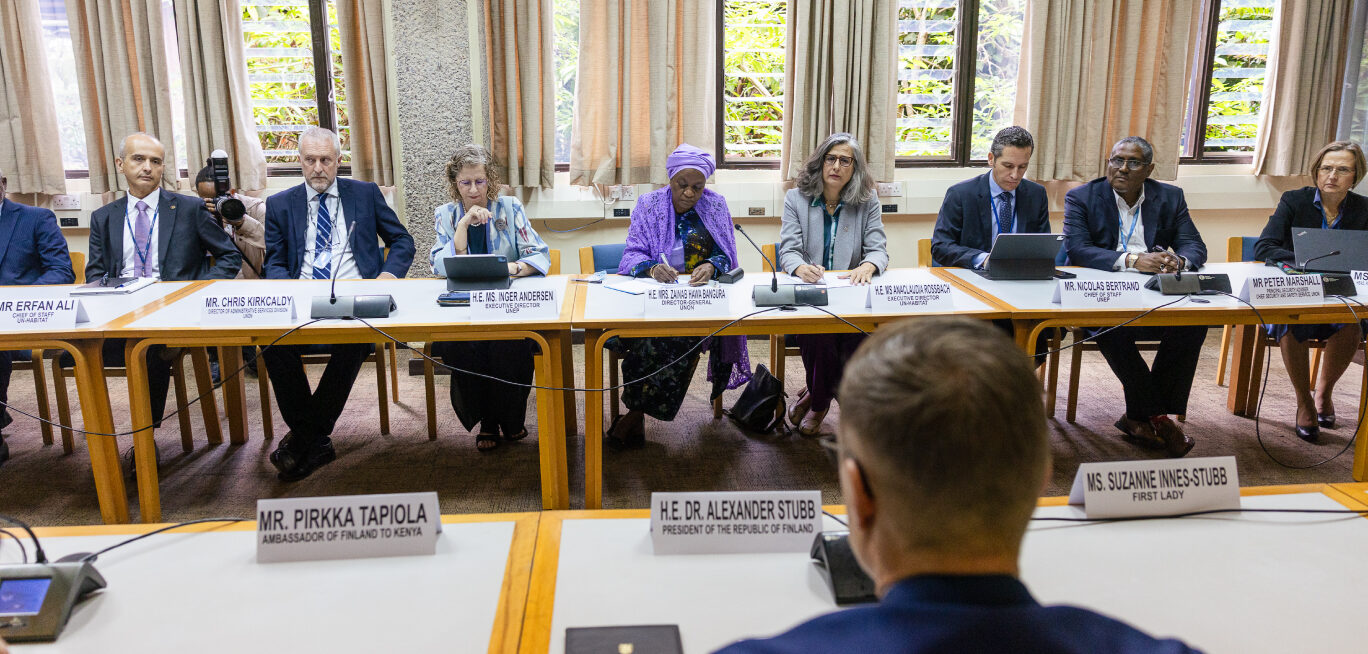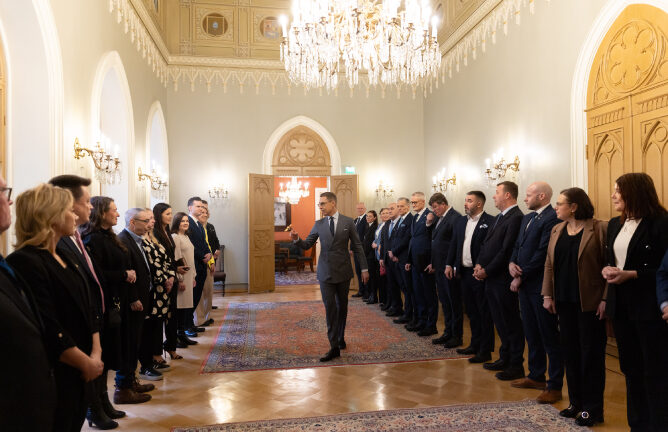Check against delivery
Your Excellencies,
Today, multilateral institutions are challenged and pressured. Foreign relations are increasingly transactional and volatile. The rules of international law are being tested and questioned.
I often describe the world as being shaped by three spheres: the Global West, the Global East, and the Global South. The way these spheres interact will determine the shape of the new world order.
Broadly speaking, the Global West wants to preserve the current world order because it built those institutions and laid out those rules. But it must realise that the era of Western domination is over.
The Global East is often challenging the existing rules and institutions. It is pushing for a world order that is more in line with its interests and preferences.
The Global South is, of course, a simplification because of its diversity. It consists of about 125 countries in Africa, Asia and Latin America.
My thesis is that it is the Global South that will determine the direction of the world order. In a world in turmoil, it has an opportunity to leverage its influence.
For the West, I have suggested that we need to adopt what I call values-based realism.
We must lean on the values we hold important, such as democracy and human rights. At the same time, we must accept the reality of a shifting balance of power.
We need to start thinking about a global system in which international norms are not only adopted but also created by the South.
***
The great challenges of our time do not respect borders: climate change, conflict, migration, technological disruption, poverty. No country can solve these alone. We need strong international institutions — and they must reflect today’s realities.
The United Nations lays the foundations of an order governed by rules, instead of might. But the UN’s institutions, particularly the Security Council, are in urgent need of reform. The current structure no longer mirrors the distribution of global influence.
Last September at the General Assembly, I made a call to reform the Security Council. First, we should expand the membership of the Council. Second, we should abolish the outdated veto. Third, we should suspend the membership of countries blatantly violating the Charter.
Africa’s permanent representation in the Security Council is long overdue. The reformed Council should have two permanent members from Africa, alongside with new permanent members from Asia and Latin America.
Reforming the Security Council is important but not enough. The whole UN system is facing an unprecedented financial crisis and must adapt.
I commend the Secretary-General for his initiative to make the UN more efficient. I encourage the UN leaders in Nairobi to embrace the challenge. Our goal should not be just a leaner UN, but a stronger one.
***
The UN Office in Nairobi holds a unique position. It is the only UN headquarters in the southern hemisphere. Your work for a more sustainable world is very important.
I am pleased that the UN hub in Nairobi is growing in size and significance. In a way, this also reflects the changing global balance of power.
Finland is a staunch supporter of UNEP and UN-Habitat. UNEP’s efforts to address climate change, biodiversity loss, and pollution are crucial.
UN-Habitat is doing important work to address the challenges of urbanisation. Finland is pleased to be UN-Habitat’s long-term partner in this work.
***
Finland has often found itself at a crossroads. Yet, as a peace-loving nation, we have chosen the path of cooperation and dialogue.
We understand the value of institutions. We have seen firsthand the benefits they bring to both a country and its citizens when they function at their best.
The future will not shape itself. It will be shaped by our choices and by our ability to work together.


